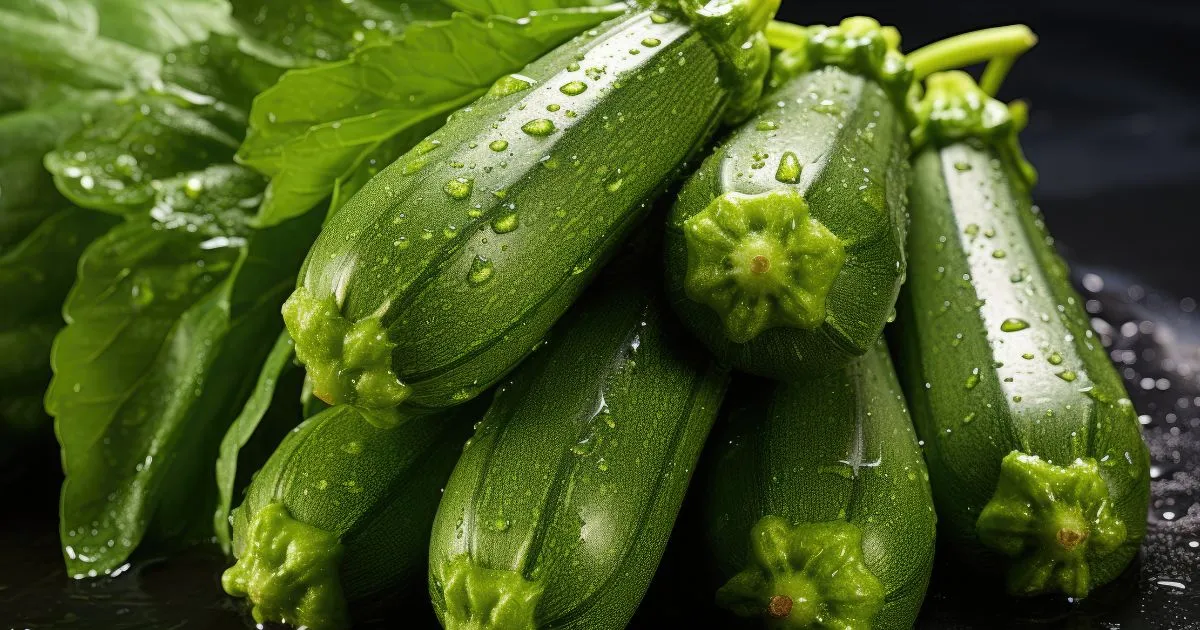Table of Contents
Zucchini, a popular summer squash, is a favorite among gardeners for its prolific production and versatility in the kitchen. However, to ensure a bountiful harvest, it’s essential to understand the growing conditions that zucchini plants thrive in. One of the most common questions gardeners ask is, “Does zucchini plants need full sun?” In this comprehensive article, we’ll explore the sunlight requirements for zucchini plants, how to optimize their growth, and address common concerns related to their cultivation.
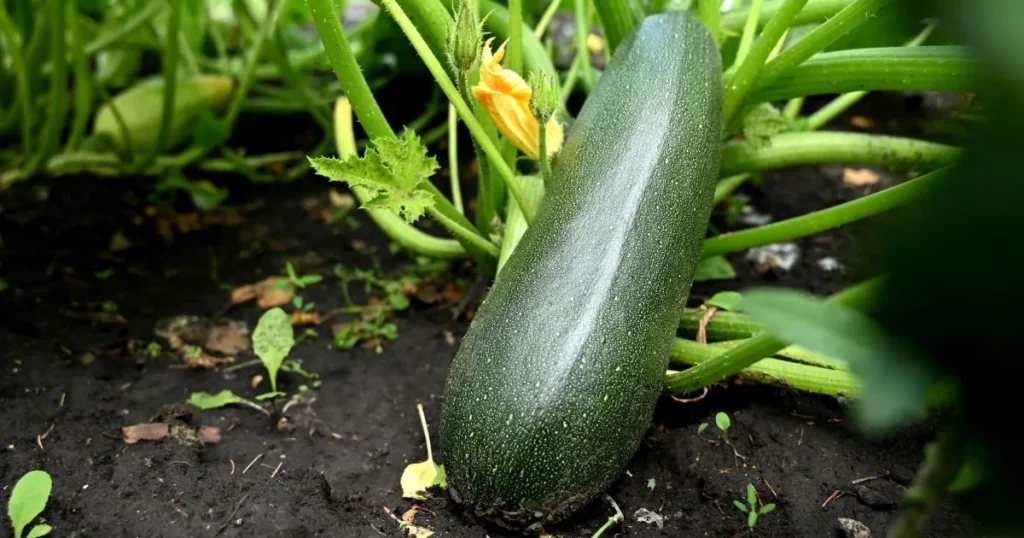
Understanding Zucchini Plants
Before diving into the sunlight requirements, it’s important to understand the basics of zucchini plants. Zucchini (Cucurbita pepo) is a warm-season crop that belongs to the Cucurbitaceae family, which includes cucumbers, pumpkins, and melons. These plants are known for their rapid growth and high yield, making them a rewarding choice for both beginner and experienced gardeners.
Zucchini plants produce large, broad leaves and vibrant yellow flowers, which eventually develop into the familiar green (or sometimes yellow) squash. To achieve healthy growth and a plentiful harvest, zucchini plants require specific environmental conditions, including proper sunlight, soil, water, and temperature.
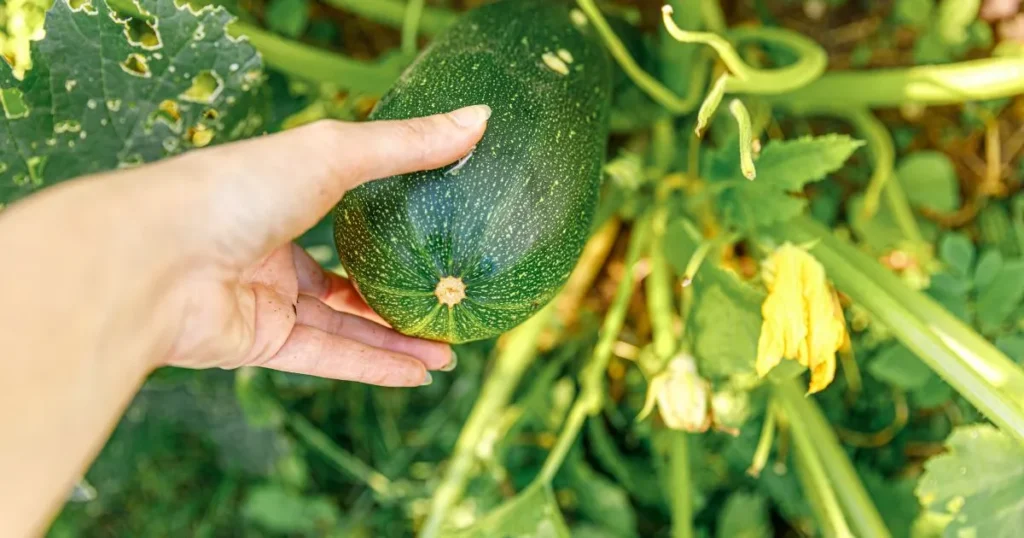
Does Zucchini Plants Need Full Sun?
Does zucchini plants need full sun? The short answer is yes. Zucchini plants thrive in full sun, which is defined as at least 6 to 8 hours of direct sunlight per day. Sunlight is crucial for photosynthesis, the process by which plants convert light energy into chemical energy to fuel their growth. Without adequate sunlight, zucchini plants may struggle to produce the energy they need, leading to stunted growth, fewer flowers, and a reduced harvest.
Why Full Sun is Important for Zucchini Plants
- Promotes Healthy Growth: Full sun ensures that zucchini plants receive the energy they need to grow strong stems, large leaves, and robust root systems.
- Encourages Flowering and Fruit Production: Zucchini plants rely on sunlight to produce flowers, which are necessary for fruit development. Insufficient sunlight can result in fewer flowers and, consequently, fewer zucchinis.
- Prevents Disease: Sunlight helps to dry out the soil and foliage, reducing the risk of fungal diseases like powdery mildew, which can thrive in damp, shaded conditions.
- Enhances Flavor: Zucchinis grown in full sun tend to have better flavor and texture compared to those grown in partial shade.
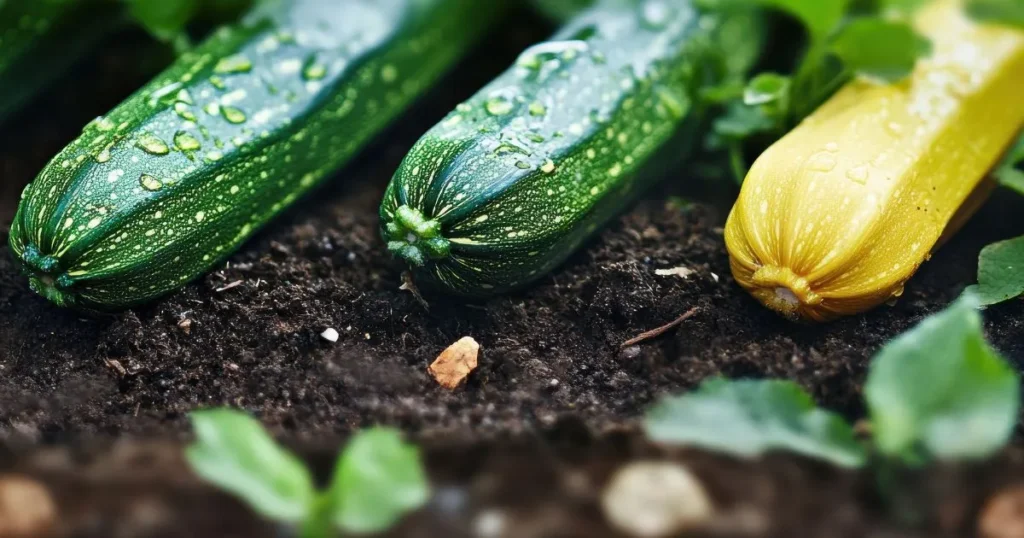
How Much Sunlight Do Zucchini Plants Need?
While zucchini plants prefer full sun, they can tolerate some shade, especially in regions with intense afternoon heat. However, it’s important to strike a balance. Does zucchini plants need full sun? Ideally, they should receive at least 6 to 8 hours of direct sunlight daily. If your garden has areas that receive partial shade, consider planting zucchini where they can get morning sun and some afternoon shade to protect them from scorching temperatures.
Signs Your Zucchini Plants Aren’t Getting Enough Sun
- Leggy Growth: If your zucchini plants are stretching toward the light and have long, thin stems, they may not be getting enough sun.
- Yellowing Leaves: Insufficient sunlight can cause leaves to turn yellow and drop prematurely.
- Poor Flowering: A lack of sunlight can result in fewer flowers, which means fewer zucchinis.
- Small or Misshapen Fruit: Zucchinis that don’t receive enough sunlight may be smaller or oddly shaped.
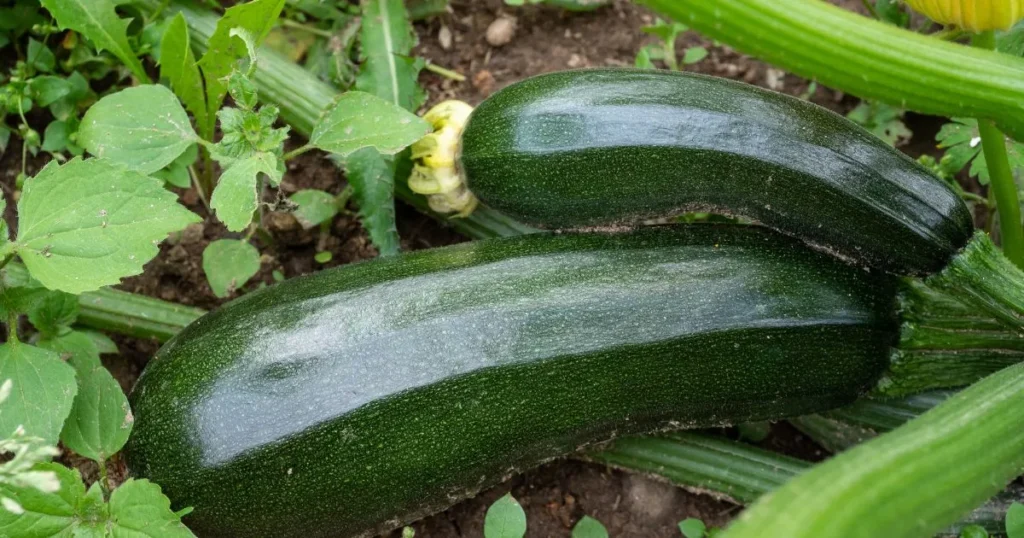
Optimizing Sunlight for Zucchini Plants
To ensure your zucchini plants get the sunlight they need, follow these tips:
1. Choose the Right Location
Select a spot in your garden that receives full sun for most of the day. Avoid areas shaded by trees, buildings, or other structures.
2. Monitor Sun Patterns
Observe how sunlight moves across your garden throughout the day. This will help you identify the best location for your zucchini plants.
3. Use Reflective Mulch
Reflective mulch, such as silver plastic mulch, can help maximize sunlight exposure by reflecting light onto the plants.
4. Prune Surrounding Plants
If nearby plants are shading your zucchini, consider pruning them to allow more sunlight to reach your squash.
5. Rotate Crops
If you’re planting zucchini in the same garden bed year after year, rotate their location to ensure they receive optimal sunlight.
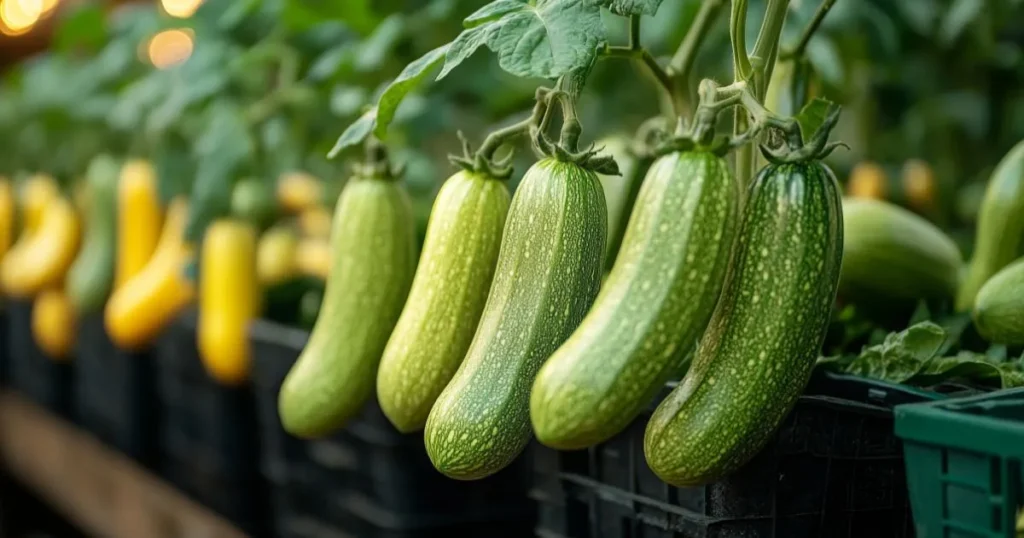
Can Zucchini Plants Grow in Partial Shade?
While zucchini plants prefer full sun, they can grow in partial shade, especially in hot climates where afternoon shade can protect them from extreme heat. However, does zucchini plants need full sun? Yes, they perform best in full sun. If you must grow zucchini in partial shade, aim for at least 4 to 6 hours of direct sunlight daily. Keep in mind that plants grown in partial shade may produce fewer fruits and grow more slowly.
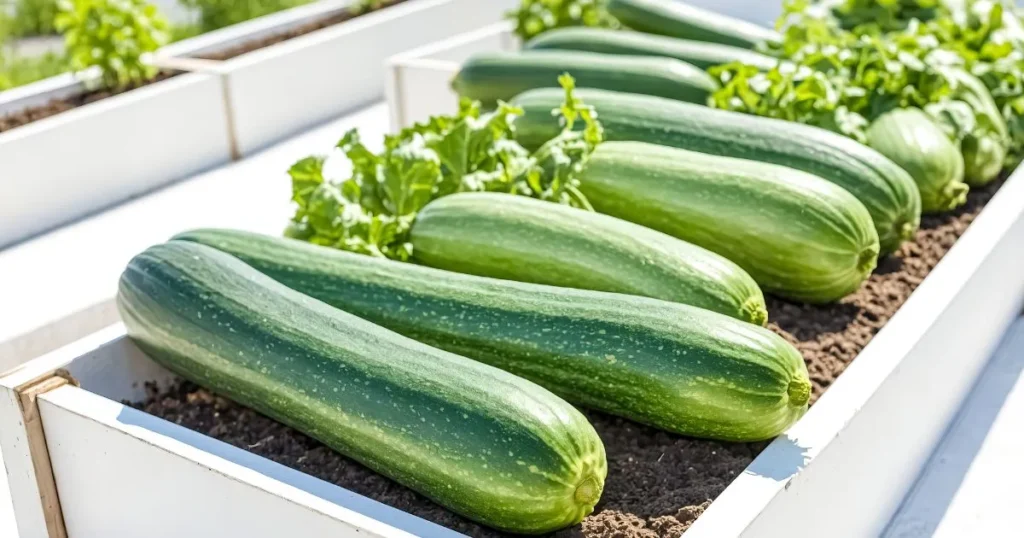
Common Challenges When Growing Zucchini in Full Sun
While full sun is ideal for zucchini plants, it can also present some challenges:
1. Heat Stress
In extremely hot climates, zucchini plants may experience heat stress, which can cause wilting, leaf scorch, and reduced fruit production. To mitigate this, provide afternoon shade or use shade cloth during the hottest part of the day.
2. Watering Needs
Zucchini plants in full sun require consistent watering to prevent the soil from drying out. Mulching around the base of the plants can help retain moisture.
3. Pest Pressure
Full sun can attract pests like aphids and squash bugs. Regularly inspect your plants and take preventive measures, such as using insecticidal soap or introducing beneficial insects.
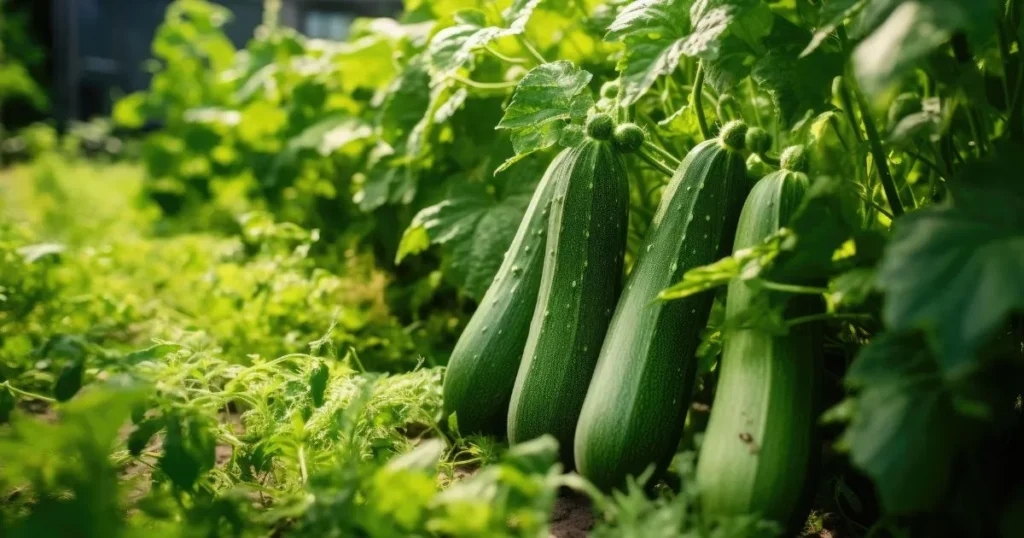
Conclusion: Does Zucchini Plants Need Full Sun?
Does zucchini plants need full sun? Absolutely. Zucchini plants thrive in full sun, which provides the energy they need for healthy growth, abundant flowering, and a bountiful harvest. While they can tolerate partial shade, especially in hot climates, full sun is the key to maximizing their potential. By choosing the right location, monitoring sunlight patterns, and addressing common challenges, you can ensure your zucchini plants receive the sunlight they need to flourish.
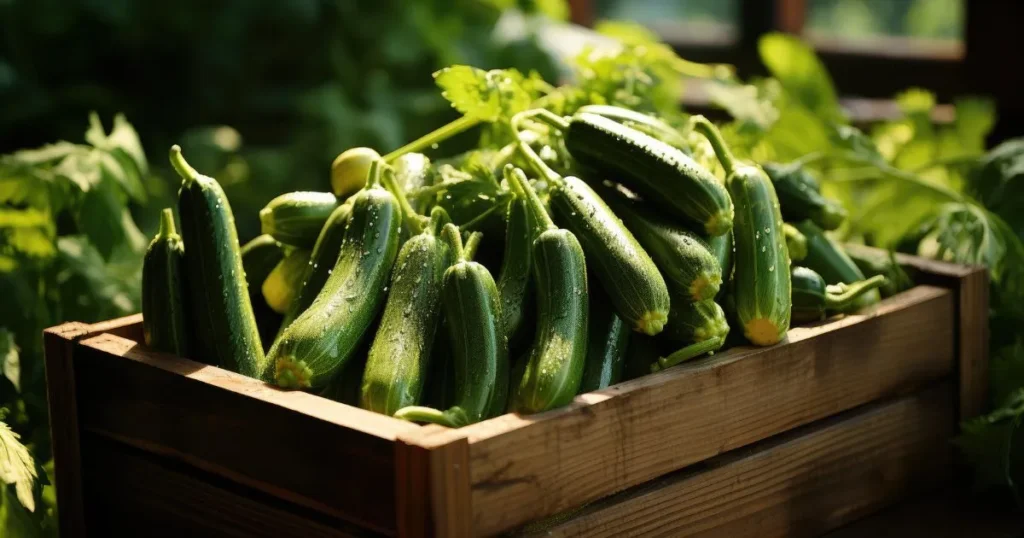
FAQ: Does Zucchini Plants Need Full Sun?
1. Does zucchini plants need full sun?
Yes, zucchini plants need at least 6 to 8 hours of direct sunlight daily to thrive.
2. Can zucchini grow in partial shade?
Zucchini can grow in partial shade, but they will produce fewer fruits and grow more slowly compared to plants in full sun.
3. What happens if zucchini plants don’t get enough sun?
Insufficient sunlight can lead to leggy growth, yellowing leaves, poor flowering, and small or misshapen fruit.
4. How can I protect zucchini plants from extreme heat?
Provide afternoon shade or use shade cloth to protect zucchini plants from scorching temperatures.
5. Can I grow zucchini in containers?
Yes, zucchini can be grown in containers as long as they receive adequate sunlight and are watered regularly.
6. What is the best time to plant zucchini?
Zucchini should be planted after the last frost date in your area, when the soil has warmed to at least 60°F (15°C).
7. How often should I water zucchini plants?
Water zucchini plants deeply once or twice a week, ensuring the soil remains consistently moist but not waterlogged.
8. Do zucchini plants need fertilizer?
Yes, zucchini plants benefit from a balanced fertilizer applied at planting and again when they begin to flower.
9. How long does it take for zucchini to grow?
Zucchini plants typically produce fruit 35 to 55 days after planting, depending on the variety.
10. Can I grow zucchini indoors?
While it’s possible to grow zucchini indoors, they require ample sunlight or supplemental grow lights to thrive.

